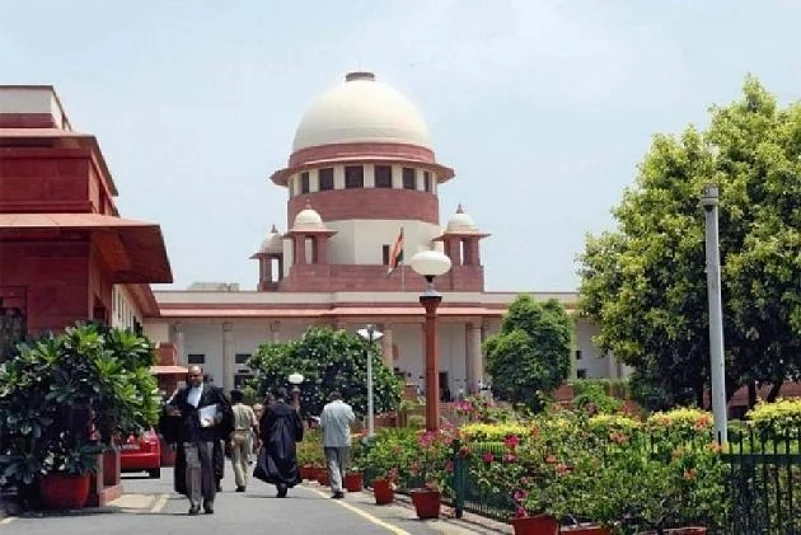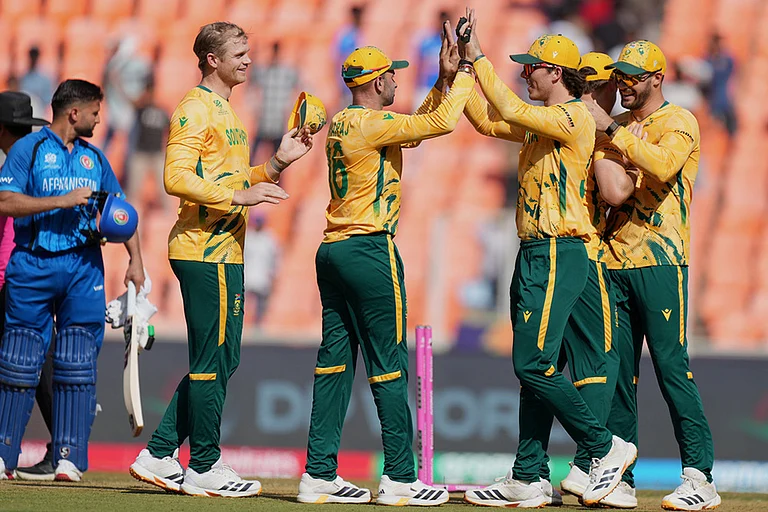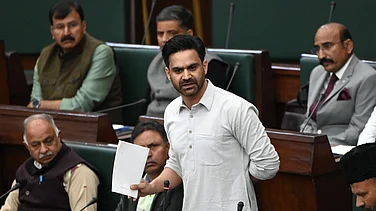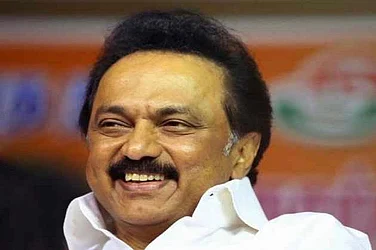A Constitution Bench of Supreme Court, led by CJI Ranjan Gogoi, on Wednesday, upheld the Delhi High Court’s 2010 decision according to which the Chief Justice of India’s office is a public office and comes under the ambit of the Right to Information Act, 2005 (RTI Act). The bench comprised NV Ramana, DY Chandrachud, Deepak Gupta and Sanjiv Khanna besides the CJI Gogoi.
Reading out the majority decision, Justice Khanna said: “Judicial independence and accountability go hand in hand.”
The Supreme Court’s judgment came following a petition by RTI activist SC Agarwal where the court’s verdict was sought on whether the office of the CJI was under the ambit of the RTI Act and if communication between the Collegium and government and file notings of the Collegium would be covered under the RTI Act.
As per the RTI Act, “information” is defined as any material in any form, including records, documents, memos, e-mails, opinions, advice, press releases, circulars, orders, logbooks, contracts, reports, papers, samples, models, data material held in any electronic form and information relating to any private body which can be accessed by public under the RTI Act.
Vanita Bhargava, partner of legal firm Khaitan and Company explains that request for information under any other law, for the time being, is not in force. However, till the story was filed, a copy of the judgment was not available and there was no clarity on what all would be covered under the RTI Act has to necessarily be related to the working of the public authority.
She says, “the judgment has reinforced confidence in the judiciary and aided its credibility. This, in fact, advances the concept of independence of judiciary rather than inhibiting it as was contended by those opposing application of RTI Act to the Supreme Court.”
RTI Activist Venkatesh Nayak says: "We welcome the decision. It is crystal clear that Chief Justice is a public authority under the RTI Act especially because CJI is the master of the roaster and in that judgment, the CJI’s office was identified as a public authority. Therefore it would have been nicer had it been a unanimous judgment."
The top court said that the right to privacy and confidentiality has to be balanced while giving out information from the CJI’s office. Besides, judicial independence can’t be achieved by denying information. Judicial independence and accountability have to go hand in hand.
The judgment by Justice Khanna was signed by the CJI and Justice Gupta. However, Justice Ramana and Justice Chandrachud agree with the majority in separate opinions. Justice Chandrachud said that judiciary can’t function in total insulation. And judges enjoy the constitutional post and discharge public duty.
The judgment was unanimous but concurring. Justice Ramana said, “there needs to be a balance and the whole bulwark of upholding it is on the judiciary. Judiciary needs to be protected from such a breach.” Similarly, Justice Chandrachud also wrote a separate, concurring opinion stating “judicial independence does not mean that the judges are precluded from the rule of law.”
The case goes back to RTI activist Subhash Chandra Agarwal sought information on the appointment of justices HL Dattu, AK Ganguly and RM Lodha as they were appointed Judges superseding other judges and despite PMO’s objection. The Supreme Court’s Central Public Information Officer denied information. The matter was heard by Central Information Commission who ruled in favour of Agarwal.
The matter was brought to Supreme Court and in August 2016, the matter was referred to Constitution Bench by a three-judge bench comprising Ranjan Gogoi, Prafulla C Pant and AM Khanwilkar.


























